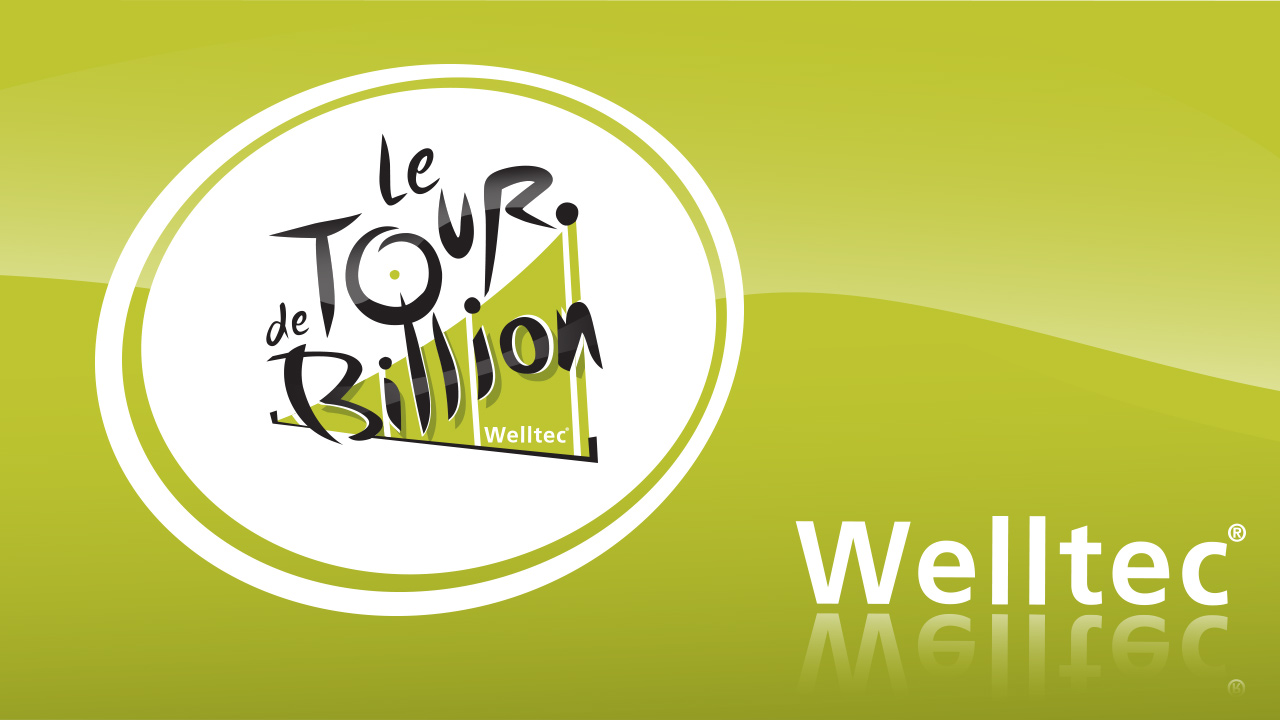Unrealistic goal: Turn loss of DKK 47 million into profit in one year
Outcome: Profit
Solution: Performance Management Program – 10/10/85
data-animation-override>
“If I had chosen a traditional consulting firm, I would have been given a nice report telling me to reduce my stock and to do this and that to achieve results. But we would have never achieved results that way because at the time we needed something completely different!”
The Challenge
Daimler Automobiles was a top-down organisation where the employees did not take responsibility for common goals. This resulted in a loss of DKK 47 million. To turn the situation around, new CEO Per V. Rasmussen sought in 2003 to change attitudes among management and middle management, inspiring them to embrace greater responsibility.
The Process
Qeep initially helped Daimler Automobiles set a number of breakthrough goals, which they dubbed “10/10/85”. The sales department was to earn DKK 10 million, administration was to cut costs by 10% and the service & repair centers were to increase invoiceable hours by 85%.
Qeep coached management and middle management to help them execute their personal action plans while tracking the goal and results.
Old Habits
Daimler Automobiles was a top-down organisation. When something went wrong, it was more important to explain why than to look at what it would take to achieve targets. Management and middle management did not assume responsibility and work towards the common goal.
New Behaviour
Management and middle management began focusing on what they could change to reach their ambitious goal instead of on how they could avoid making mistakes. They assumed responsibility!
Numerous concrete changes culminated in the realization of 10/10/85. The parking facilities were modified to save time when a car was in for service. The spare parts assistants were transferred from the warehouse to the service & repair centers so they could fetch parts for the mechanics, who used to have to wait in line. The supervisors signed an agreement with key accounts to call cars in to service on short notice when an opening appeared in their schedules.
The new attitude among the managers also resulted in major organisational changes. Communication improved and they began to work in a more results-oriented manner based on new procedures.
The Results
- The annual results improved by DKK 52.5 million before tax
- The sales department gave a profit
- The gross profit per car sold increased by several hundred percent
- The efficiency of the service & repair centers increased from 57% to 82%
- The invoicing time for all service & repair centers increased significantly
- Shorter waiting time for spare parts
- Faster decision-making
The Hero
Supervisor Erik Bo Pedersen is the hero of this story! He successfully boosted efficiency, while maintaining a high utilization ratio at the Hillerød Service & Repair Center.
The Unrealistic Goal
Daimler Automobiles set the unrealistic goal of transforming a significant loss into a huge profit – and achieved it!
The Organisation
Daimler Automobiles, now known as Mercedes Benz CPH, is one of Denmark’s largest car dealerships, employing more than 100 people at showrooms and service & repair centers located throughout Greater Copenhagen.







